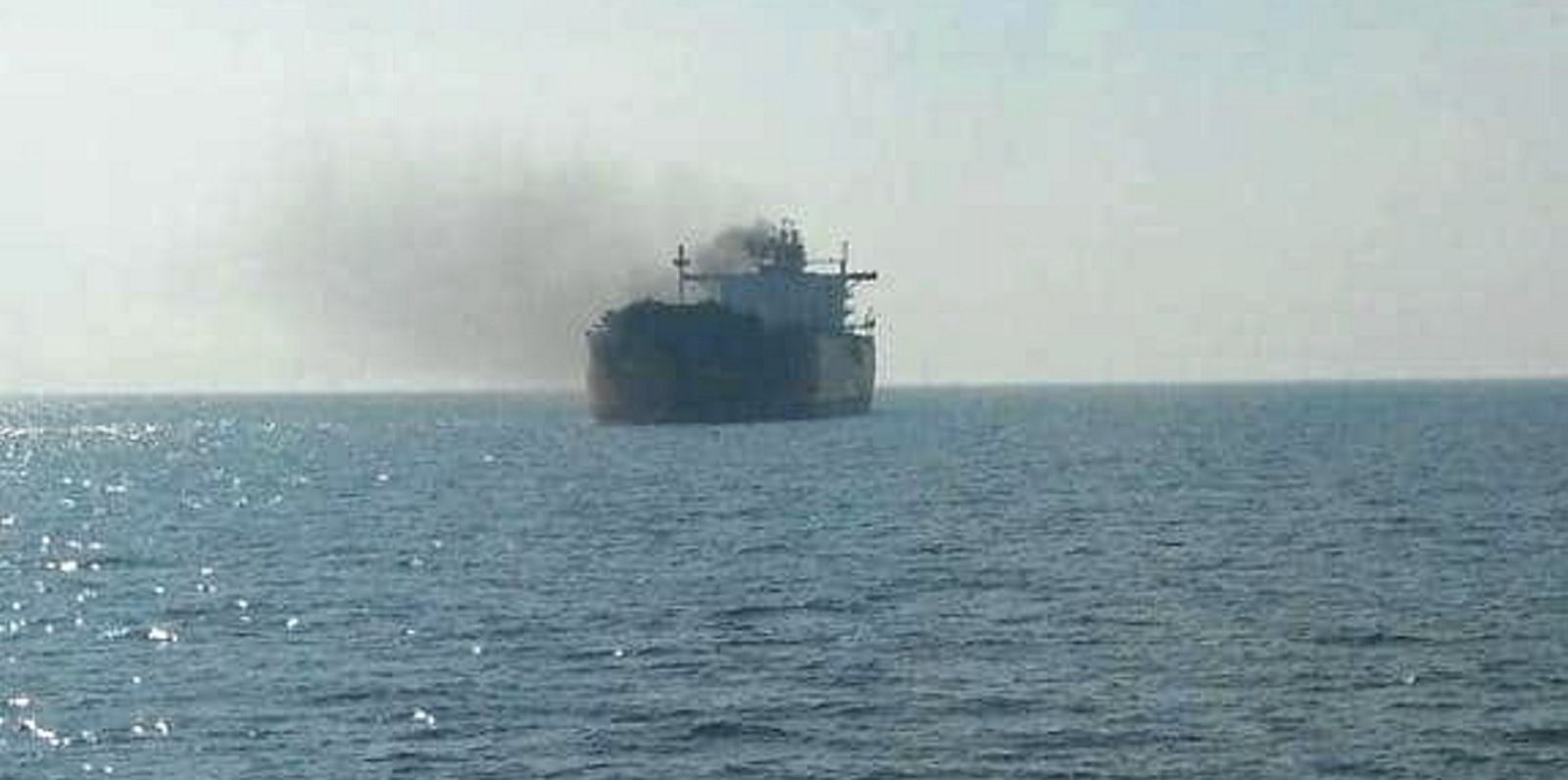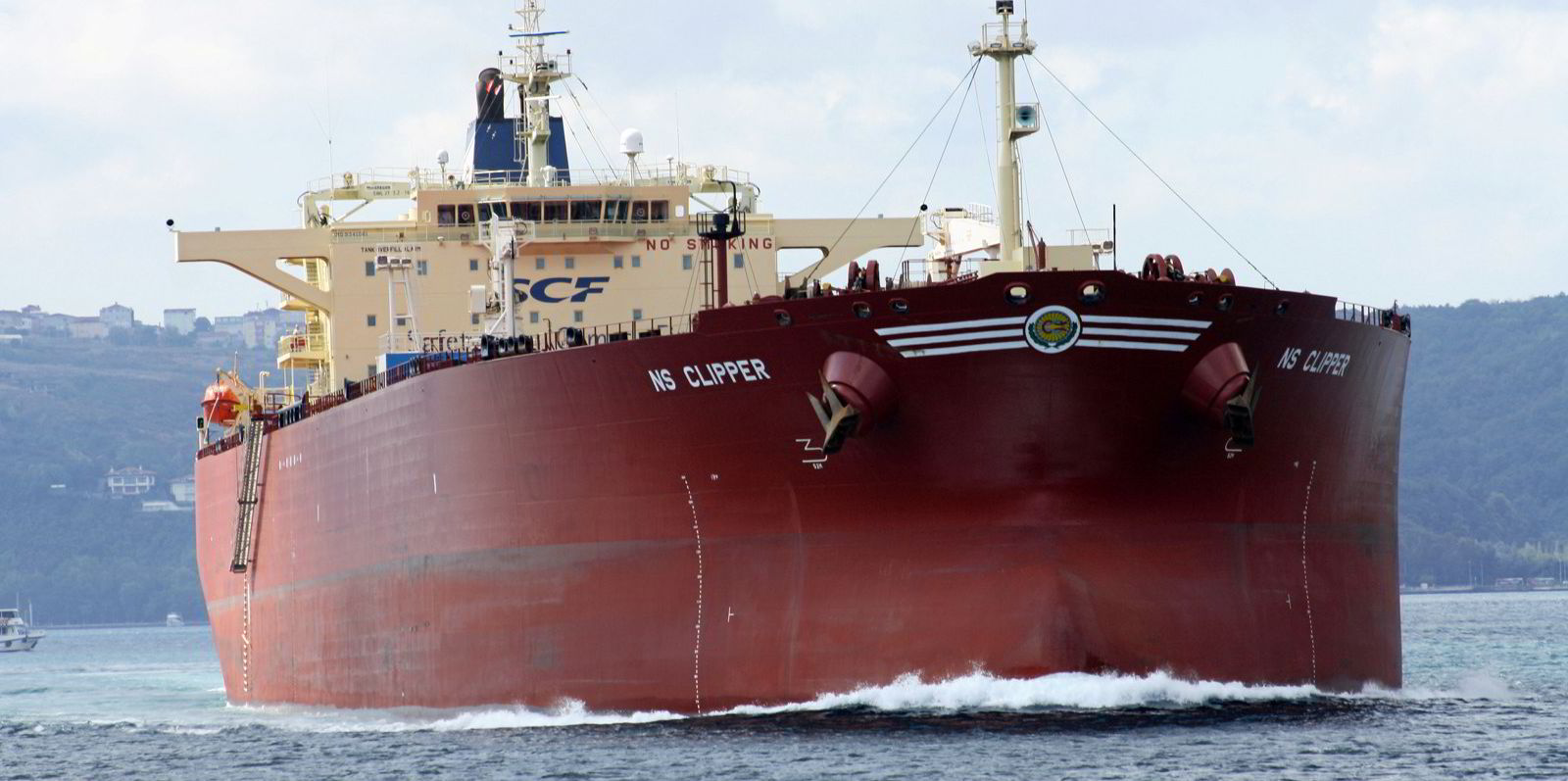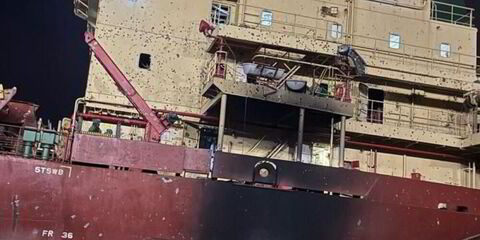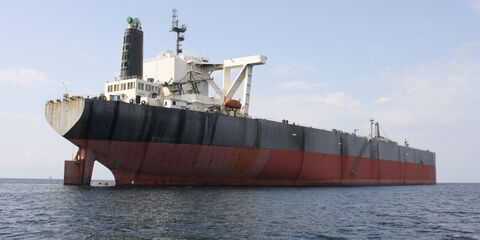The anxiety and stress faced by seafarers from Russia and Ukraine, sometimes working alongside each other on ships, has been highlighted by The Mission to Seafarers.
In a statement sharing horror and sadness at events in Ukraine, the Mission said its prayers were with all caught up in the fighting, including seafarers trapped in Ukrainian ports and crews facing immediate risk in hostile waters.
Secretary general Andrew Wright also revealed the strains on Ukrainian and Russian crews the Mission’s teams have been encountering in ports all over the world.
Wright cited one warm and welcoming crew visited in Panama where the chief officer said his wife and family cannot leave the port of Mariupol in Ukraine as it is currently surrounded and under bombardment by invading Russian forces.
“He has been on the telephone regularly with his wife is who frightened and deeply distressed,” Wright said of the officer who was due to sign off on 3 March but has no way of returning home.
The officer has decided to fly to Germany “so that he may stay with relatives living there in the hope that the negotiations between Ukraine and Russia will be successful and enable him to return home.
“He is clearly upset and worried about the escalation of the violence and not being able to do anything concrete to help or support his family.”
From New Zealand a chaplain reported: “Seven Ukrainians and six Russians onboard. No fighting but very sad. They cannot go home. They cannot have crew changes. Some onboard for 9.5 months.
“Last time I visited they were so cheerful, just awful with what they are going through. They are coming back one more time so I can check up and see how they’re doing then.”
And from the US, Wright cited an officer from Ukraine who was concerned for his family who are currently fleeing to Spain following bombing.
Wright said the mission expects to face calls for the support of seafarer families who find themselves displaced or where there has been injury or death and damage or destruction of housing.
The Mission said it enhancing its Samaritan’s Fund to enable additional payments in support of communication provision at local levels, and its emergency fund will also be accessed to help with stranded seafarers if necessary.
As a high priority, it is also looking at ways to provide enhanced Ukrainian/Russian “own language” mental health support, Wright added.(Copyright)





